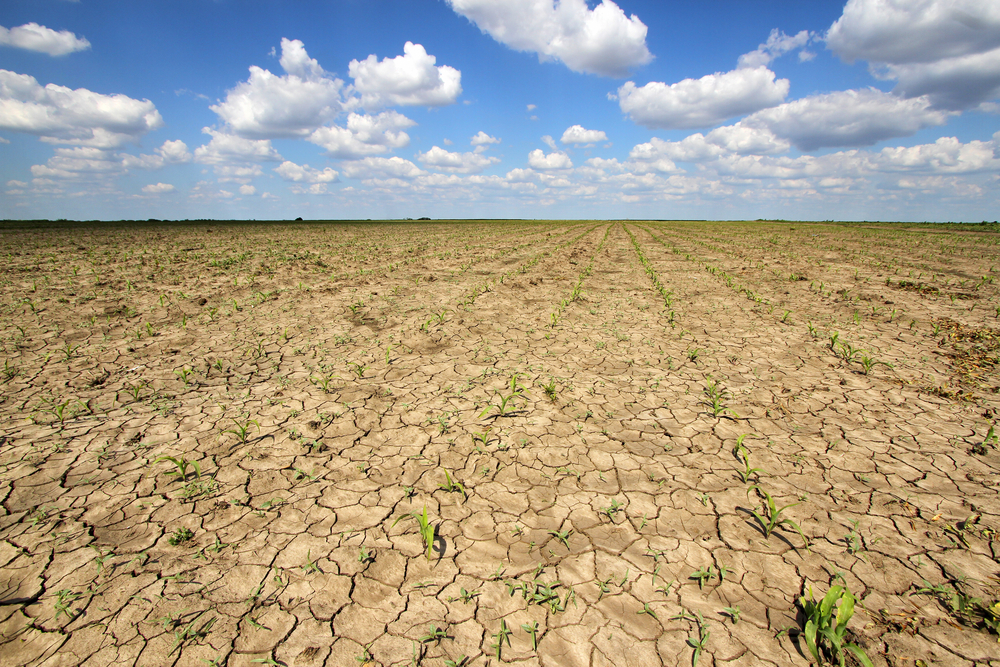
In the first ever study of its kind, a report compiled by an 80-strong gang of green-fingered scientists from the Royal Botanic Gardens at Kew in London has discovered that we share our planet with 391,000 species of plants, many of which humans are directly or indirectly dependent upon for survival. However, the researchers also revealed that one in five of these species is under imminent threat of becoming extinct.
The report, called State of the World’s Plants, fingers the destruction of habitat for non-sustainable farming—such as palm oil production and cattle ranching—as representing a massive part of that threat (31%), followed by deforestation for timber (21%) and the expansion of urban developments (13%).
‘Plants are absolutely fundamental to humankind,’ Kew’s director of science Professor Kathy Willis, who led the new report, told The Guardian. ‘Plants provide us with everything—food, fuel, medicines, timber—and they are incredibly important for our climate regulation. Without plants we would not be here. We are facing some devastating realities if we do not take stock and re-examine our priorities and efforts.’
Currently, climate change is a relatively small contributor to the carnage (4%), with warmer and wetter conditions combined with higher levels of carbon in the atmosphere actually helping to turn parts of the planet greener than they have been in the past, but scientists expect that to be a short-term bonus. Alarmingly, crops that have already be seriously affected include coffee beans and grapes for wine.
On the upside, each year sees around 2000 new plant speicies being discovered, with Kew’s scientists identifying between 200-300 new forms of vegetation per annum. Among new finds last year were a giant insect-eating sundew, a 45-metre-tall tree spied hiding in a rainforest in Gabon, and five new species of onion.
The latter example is particularly exciting for scientists like Willis, who has identified an urgent need for us to find wild relatives for crops we depend upon heavily. Lots of plants that people rely on day-to-day—including onions, bananas, carrots and potatoes—have been cultivated for centuries to provide the best possible yield, but this has left them genetically ill-equipped to deal with disease and pests.
‘With the global challenges [of] population size, land-use change, plant diseases and pests, there is an increasing urgency to find and conserve crop wild relatives,’ the report says. ‘Having access to this large and diverse genetic pool is essential if we are to furnish crops with the valuable traits that enable resilience to climate change, pests and diseases, and ultimately underpin global food security.’
The report also detailed the many different ways that we exploit plants. Of the 31,000 species with known beneficial properties to humans, 57% are used to produce medicines and drugs, over 5,500 are eaten as food, while a further 1,400—including tobacco, cannabis and hops—have ‘social uses’.
Not all plants are our friends, though. Some 2,500 of them are poisonous, and many cause enormous destruction when they take root in biosystems beyond their natural range. ‘The costs of invasive species have been estimated at nearly 5% of the world economy and their impact on the UK economy alone is approximately £1.7bn every year,’ the report explains.
